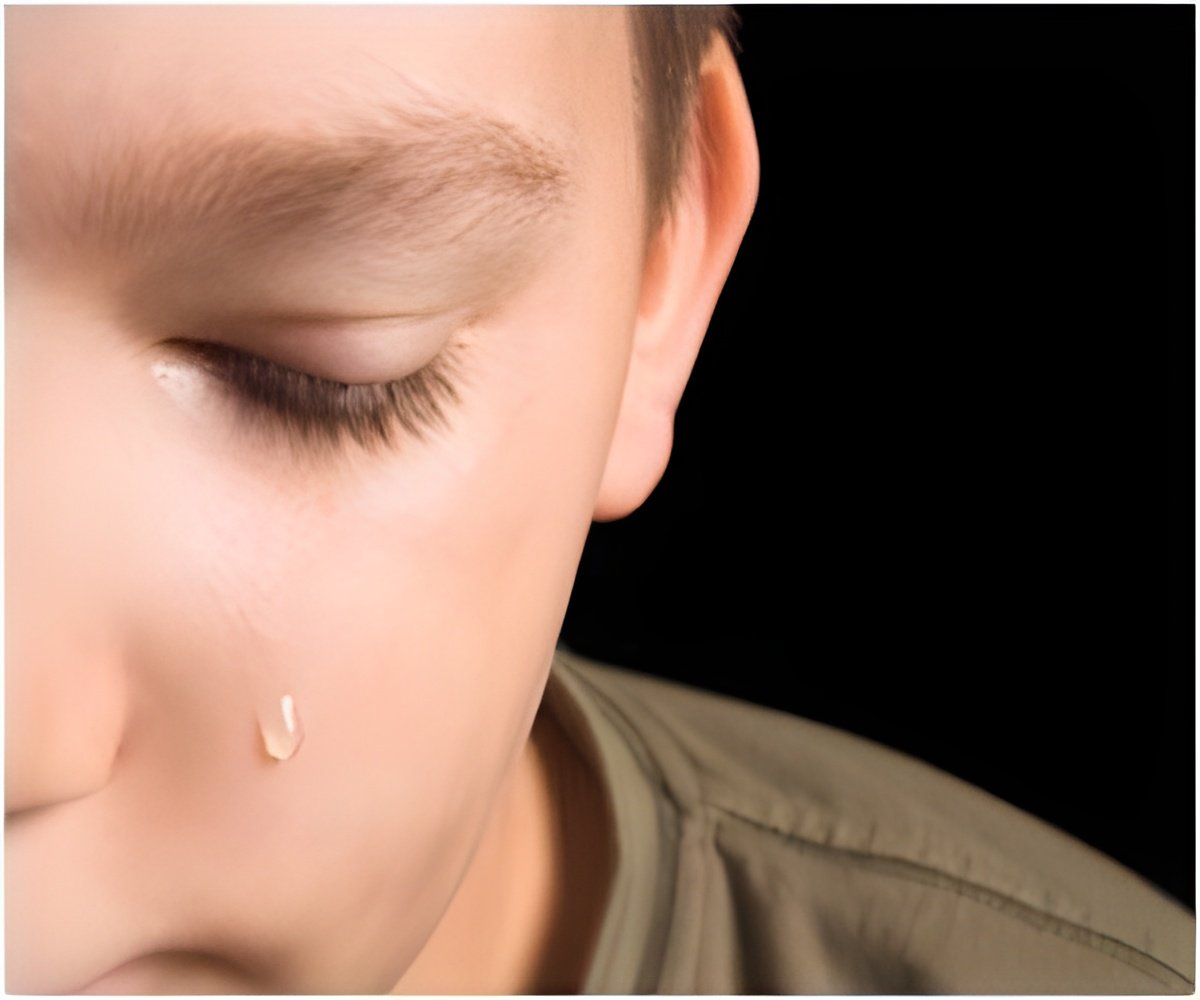
"Young children, especially boys, may need their parents' help working through angry or fearful emotions. If you punish toddlers for their anger and frustration or act as if their fears are silly or shameful, they may internalize those negative emotions, and that may lead to behavior problems as they get older," said Nancy McElwain, a University of Illinois associate professor of human development.
McElwain and lead author Jennifer Engle examined data gleaned from observations of 107 children who were part of a larger study of children's social and emotional development and parent-child relationships.
When the children were 33 months old, mothers and fathers were asked how often their child had displayed anger or social fearfulness in the last month.
The parents were also asked how they would respond to the child's negative emotions in several hypothetical situations.
"We investigated two types of parental reactions to children's negative emotions. One type of reaction was to minimize their child's emotions; for example, a parent might say, 'Stop behaving like a baby.' Another type of reaction was punishing the child for these emotions. A parent might send the child to his room for crying or being upset, or take away a toy or a privilege," Engle said.
Advertisement
Moms and dads who were apt to punish their kids for their fears and frustrations were more likely to have children who were anxious and withdrawn at the time of the second assessment. And the effect was especially pronounced for boys who had been identified as having a high incidence of negative emotions at 33 months, she said.
Advertisement
Source-ANI








